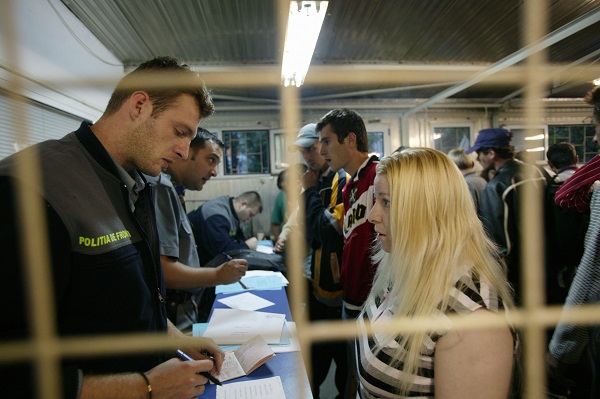So there was no great rush of arrivals from Romania and Bulgaria on day one – nor was there ever likely to be. The numbers will build steadily as they did from Poland in 2004.
How many is another question. The key difference with Poland is that other countries, notably Germany, France, The Netherlands and Austria will be opening their labour markets at the same time; other members have already done so.
The other major difference is that about a million, mainly Romanians, have already gone to Spain and a similar number to Italy. In Spain unemployment is now about 25% and youth unemployment is just over 50%; the same figures for Italy are 12% and 33%. There must be at least a possibility that some will head North, as indeed some young Italians and Spaniards themselves are already doing.
Certainly there will be strong financial incentives to do so. We calculate that a single Romanian or Bulgarian worker in Spain or Italy could increase his or her take home pay by 40-50% by moving to the UK.
For a worker with a spouse and two children the effect would be even stronger. At present they are already roughly three times better off in these countries than in their home countries. If they were to move North that would become a factor of four times in France, five in Germany or The Netherlands and six in the UK.
This is not a question of benefit tourism. It is the effect of working tax credits which, originally intended to lift the low paid out of poverty, are now available to all such workers from the EU.
The fundamental mistake, made during the accession negotiations with Poland and others, was to open not only our labour markets but also our benefit systems to one hundred million people whose standard of living is about one quarter of ours. Britain, with a non contributory benefit system, is particularly vulnerable.
So what can now be done? An attempt to renegotiate free movement of labour will never fly. It would be contrary to the basic principle of free movement and would undermine the single market which we strongly support. A delay of several years before EU citizens qualify for benefits in another member state might just get off the ground. This would reduce the economic incentives but would not remove them.
The stakes are high. If Romanians and Bulgarians do arrive at 50,000 a year (our central estimate), and if net migration from elsewhere in the EU continues at its current rate of about 100,000 a year, there will be definite tension between control of our borders and continued membership of the EU. That could get interesting.
Sir Andrew Green is Chairman of Migration Watch.






Comments